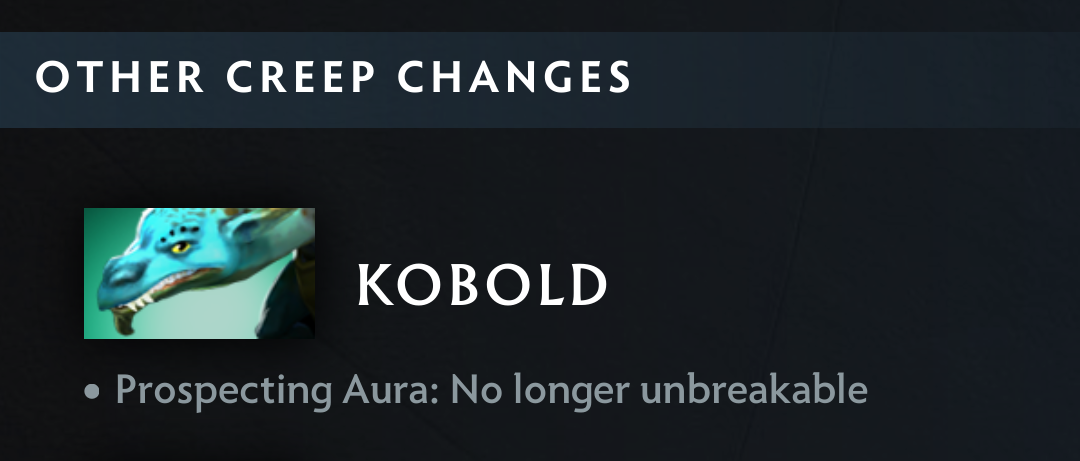I think this question could be interpreted in many ways, but typically education is correlated with more religious participation.
For Mennonites specifically, education is one of their core values. They also did a study on what matters most to their members that you can check if you're interested: https://www.mennoniteusa.org/wp-content/uploads/2022/10/MC-USA-Report-FN-compressed-1.pdf
Personally, I think a lot of their belief system and activism efforts just make sense and appeal based on their own merits.


It goes to whoever can provide Bitcoin. So, likely an exchange. Which ultimately gives the money to people selling Bitcoin. Many of whom are in North Korea and Russia.
Crypto investment is very risky. Too volatile. Too virtual. No protection against theft/fraud. Also a govt should really invest in companies in its own jurisdiction.